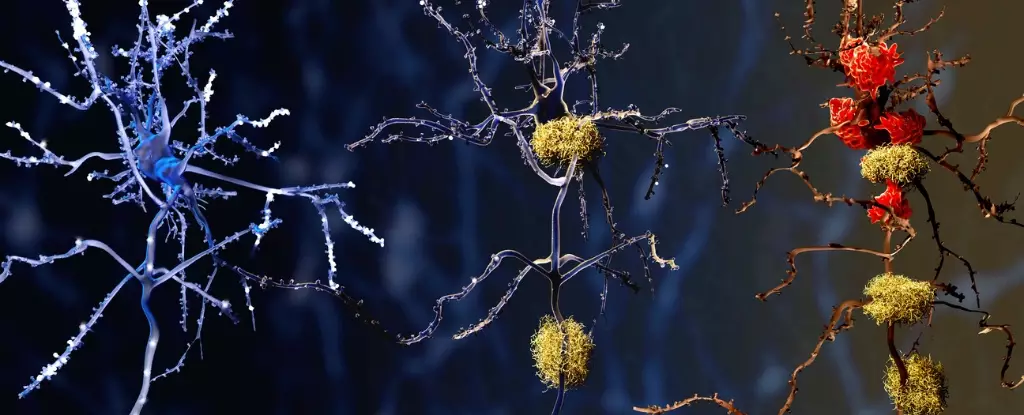Alzheimer’s disease is a devastating neurodegenerative disease that affects millions of people worldwide. Recent research led by the University of Washington has shed light on the role of microglia in the brains of individuals with Alzheimer’s disease, revealing potential new treatment targets.
The study found that microglia in the brains of individuals with Alzheimer’s disease were in a pre-inflammatory state more frequently than in healthy brains. Microglia are immune cells responsible for clearing waste and maintaining normal brain function. In response to infection or cell death, microglia can become more mobile and engulf invaders.
Using brain autopsy samples from individuals with Alzheimer’s disease and healthy controls, researchers utilized a new method to enhance single-nucleus RNA sequencing to study the gene activity of microglia. They identified 10 different clusters of microglia in the brain tissue, of which one cluster was more common in individuals with Alzheimer’s disease. This specific cluster showed gene expression associated with inflammation and cell death.
Implications for Alzheimer’s Treatment
The findings of this research suggest that certain types of microglia in the brains of individuals with Alzheimer’s disease are more likely to be in a pre-inflammatory state, producing molecules that can damage brain cells and contribute to the progression of the disease. These microglia types were found to be less protective, compromising their ability to clean up dead cells and waste, and promote healthy brain aging.
Future Directions
Researchers believe that microglia can change types over time, which may have implications for understanding how they contribute to Alzheimer’s disease progression. While still in the early stages, this research provides valuable insights into the role of microglia in Alzheimer’s disease and suggests that targeting specific microglia clusters could lead to the development of new treatments.
Overall, the study highlights the importance of microglia in the pathogenesis of Alzheimer’s disease and emphasizes the need for further research to explore potential treatment options. By understanding the genetic profiles of microglia and how they contribute to the disease, researchers hope to develop therapies that can improve the lives of individuals with Alzheimer’s disease.


Leave a Reply